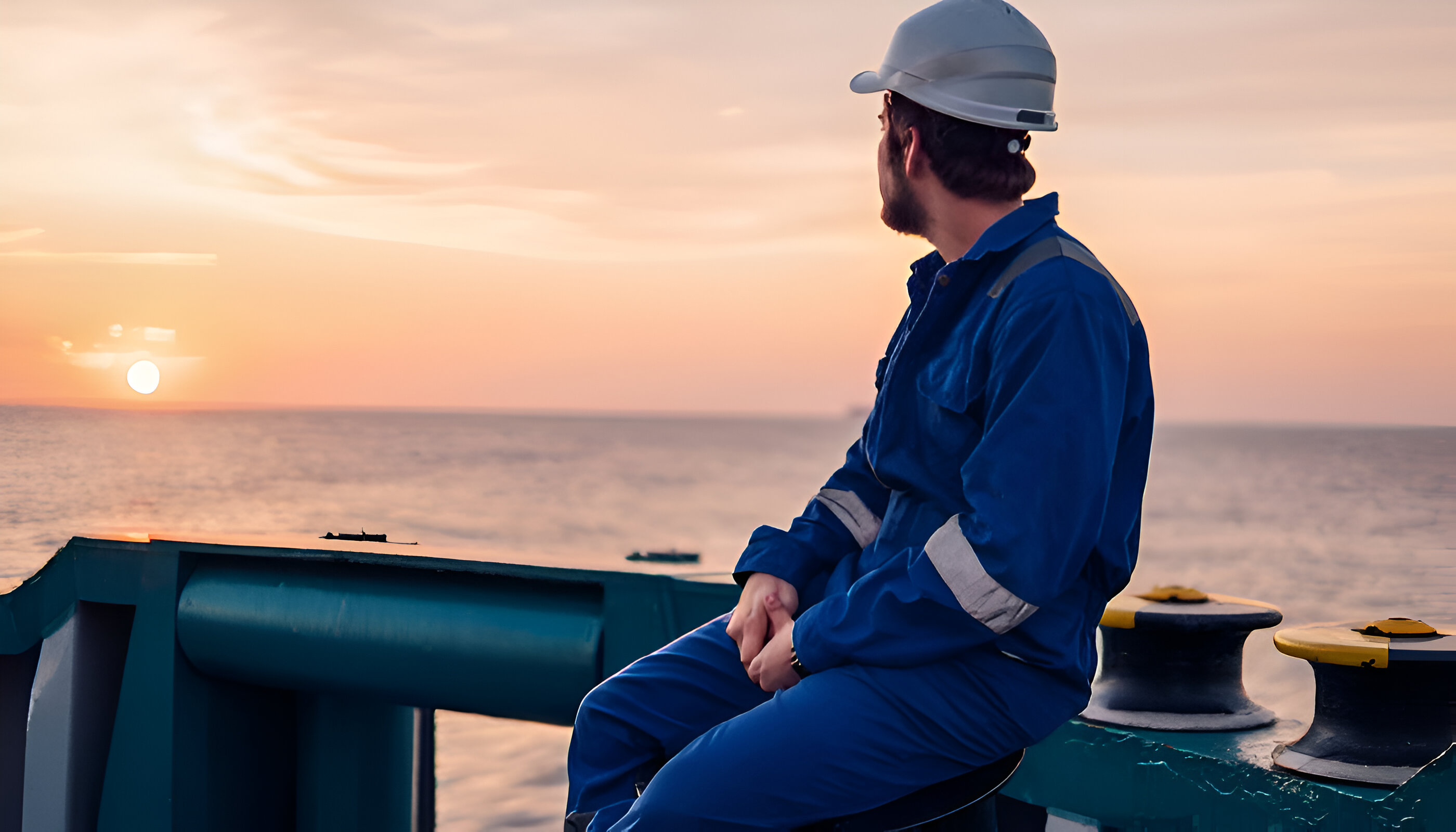GSCC slams governments, charterers and shipyards
June 22, 2022 Maritime Safety News
For example when referring to decarbonisation, IMO’s Marine Environment Protection Committee (MEPC) “didn’t help the debate by refusing to set up a dedicated research and development fund,” said GSCC chairman Haralambos J Fafalios when addressing the body’s agm at June 16.
Indeed, Fafalios said this means that any proceeds from a carbon tax imposed on ships will now be most likely gobbled up by governments rather than addressing the industry’s decarbonisation needs.
“Whether it’s adopted or not, a fuel levy is still the most equitable and logical way to achieve decarbonisation, and not such measures such as EEXI, CII or ESG,” said Fafalios. He also said “Charterers can not tout their green credentials when they regularly instruct ships to proceed at maximum speeds, only to arrive at load or discharge ports and wait for a prolonged period of time.”
On shipyards he said that “shipbuilders refuse to come up with vessels with better hull lines and greater hydrodynamic efficiency — the above could easily bring savings above 20% over existing hull designs”.
Further, in his opening remarks in the GSCC annual report, Fafalios said one must not forget the fate of seafarers on board ships in Ukrainian or perhaps Russian ports. “We implore governments, especially Russia, to treat them well and hopefully to release all ships that are caught in the Black Sea. We also demand that safe sea lanes exist, if and when certain northern Black Sea ports reopen. Safe from sea mines is the most important goal.”
However, when referring to the Russian action in Ukraine, Fafalios pointed to it have its pluses as well as minuses. He noted the consequences of this war is that the supply of some of the world’s main seaborne commodities, grain. coal, iron ore, fertilisers and oil has been severely disrupted and as a result price fluctuations and inflation has been very significant.
But there is a plus. “The only plus point shipping wise is that as all Black Sea business was relatively short haul it has all been replaced by longer haul cargoes, thus increasing significantly the tonne miles covered.” But he also noted “this instability in commodity prices has brought back inflation as an unpleasant side effect and created great social unrest globally”.
He noted the Greek merchant fleet continues to grow with predominantly newbuildings, thus bringing down the fleet age and increasing its competitiveness and GHG efficiency. Greek companies continue to invest in high-technology, energy efficient, low carbon newbuildings, and purchase high- quality modern second-hand vessels.
He said Posidonia 2022’s great popularity attests to the fact more companies than ever want to exhibit their wares in the world’s premiere maritime marketplace. He said that due to its technical excellence and the Greek companies tramp trading patterns, the Greek fleet is always looking for the most practical solutions so that its fleet can satisfy global maritime needs and not work just within very limited green corridors.
The GSCC agm concluded with Fafalios being re-elected committee chairman continuing a run which began in 2010. Two longstanding board members of the committee did not stand for relection, after having served for decades – former IMO secretary general, Efthymios Mitropoulos and Stathes Kulukundis of Rethymnis & Kulukundis who has been with the GSCC for more than 40 years. Constantinos Caroussis was elected A vice chairman; John M Lyras, B vice chairman; and Nikos P Tsakos, C vice chairman.





